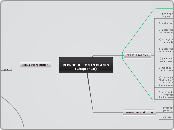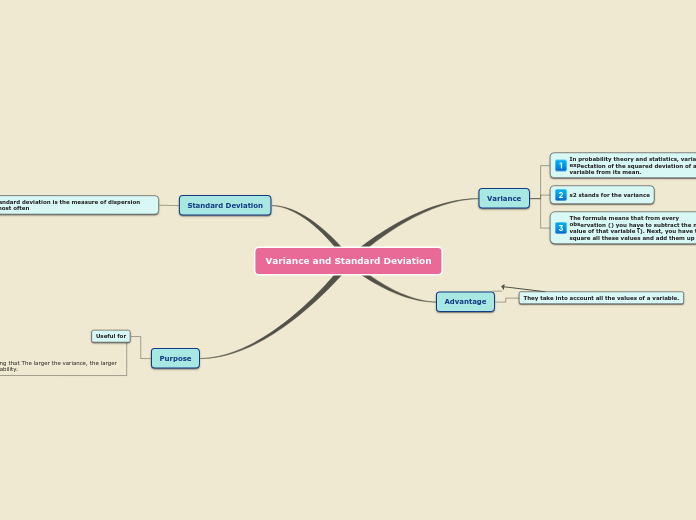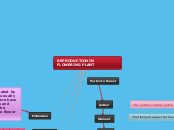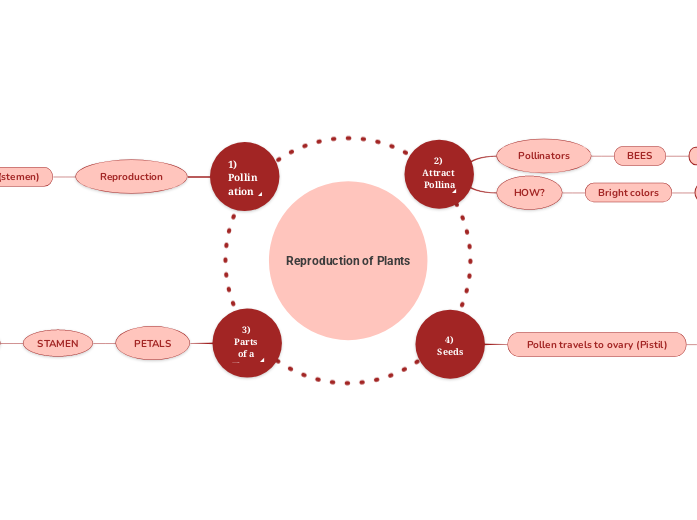par Jia Jie Gan Il y a 12 années
333
Biology
The reproductive process in plants involves several key stages and components. Pollination is fundamental, occurring either through self-pollination, where pollen grains transfer to the stigma of the same flower or different flowers on the same plant, or cross-pollination, where pollen grains transfer to different plants of the same species.









